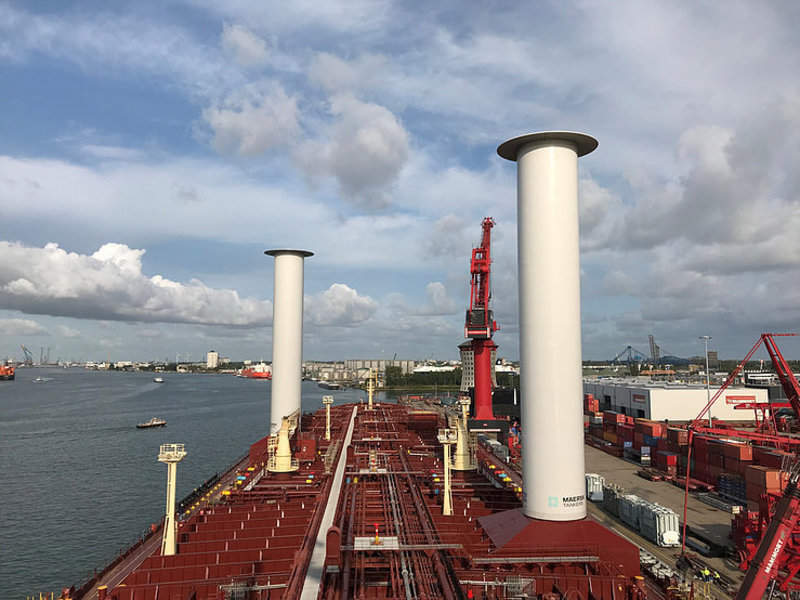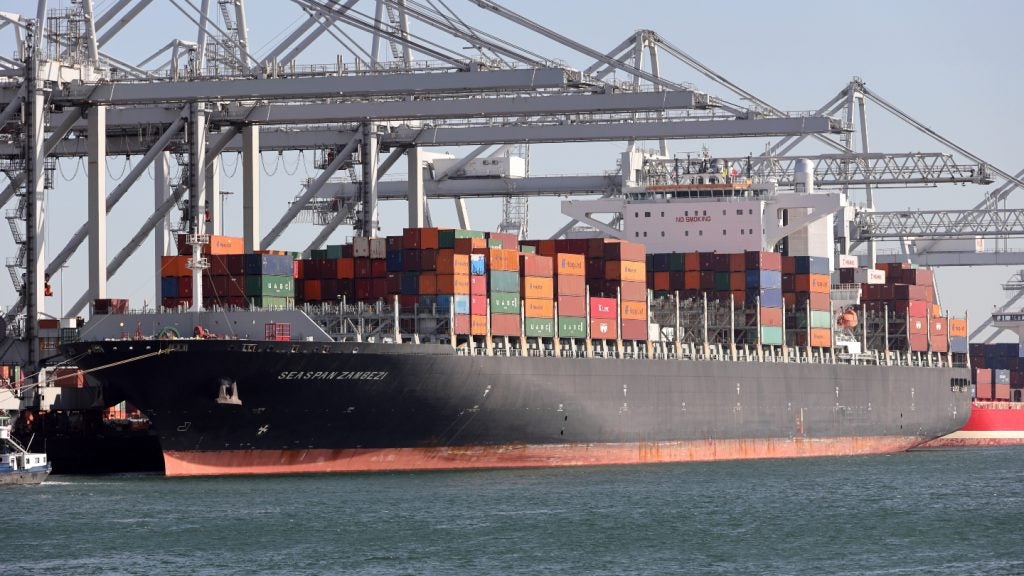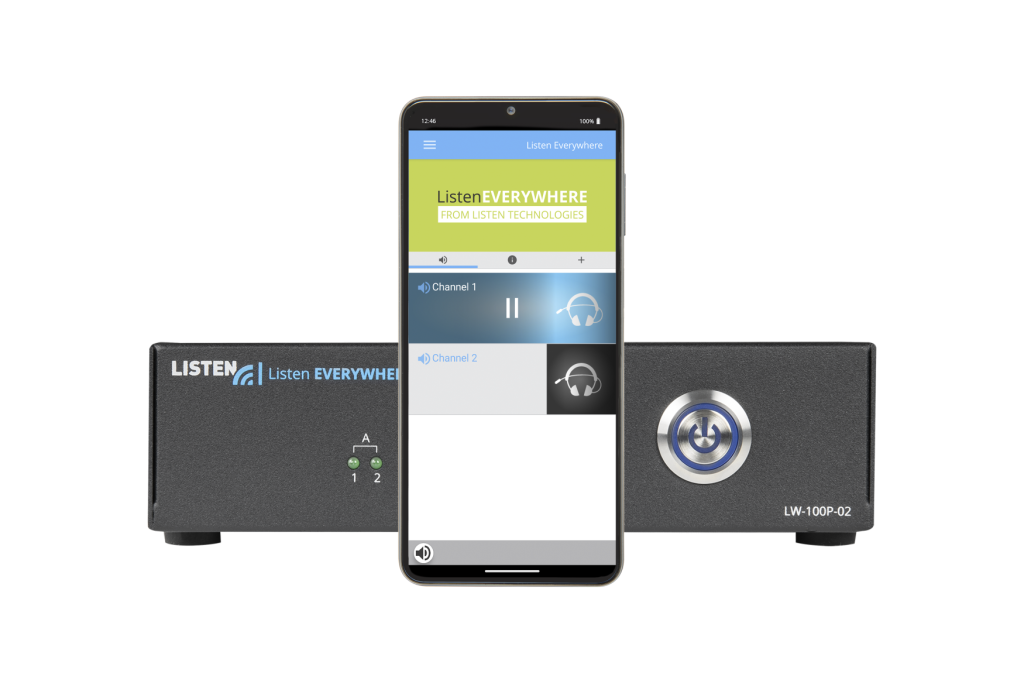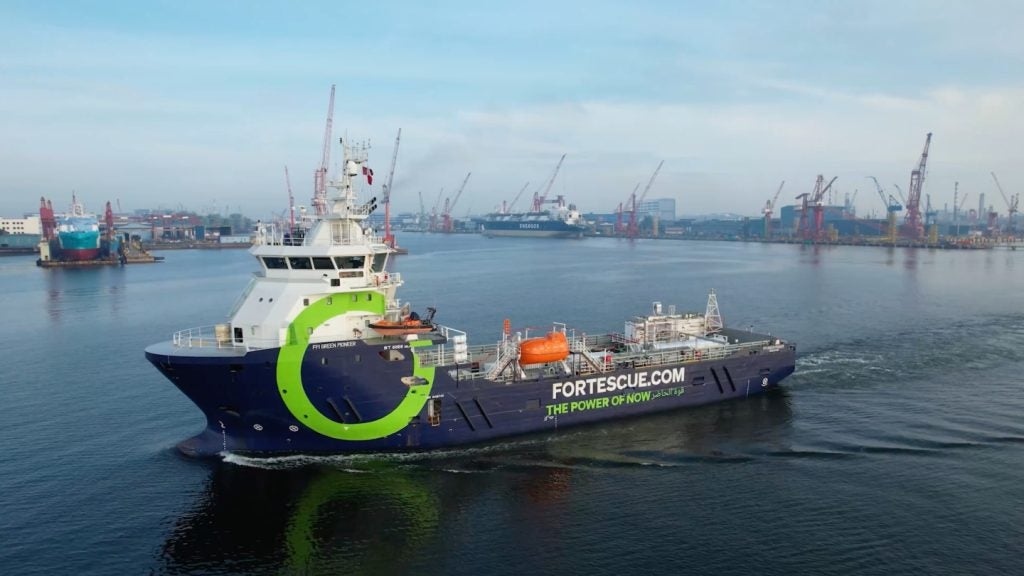
Maersk Tankers and its partners have installed two 30m-tall rotor sails on one of its product tanker vessels in a bid to reduce fuel costs and emissions by 7-10%.
Installed on product tanker Maersk Pelican in the port of Rotterdam, the mechanical rotor sails are developed by engineering firm Norsepower.
The technology is based on ‘Magnus effect’, in which the sails spin to create a difference in pressure that propels the vessel forward.
The rotor sails are designed to provide auxiliary wind propulsion to the vessel, reducing fuel consumption.
Besides Maersk Tankers and Norsepower, the other partners in the project include Energy Technologies Institute (ETI), as well as Shell Shipping and Maritime.
The partners expect to begin the first voyage of Maersk Pelican with the Rotor Sails installed in the coming days.
How well do you really know your competitors?
Access the most comprehensive Company Profiles on the market, powered by GlobalData. Save hours of research. Gain competitive edge.

Thank you!
Your download email will arrive shortly
Not ready to buy yet? Download a free sample
We are confident about the unique quality of our Company Profiles. However, we want you to make the most beneficial decision for your business, so we offer a free sample that you can download by submitting the below form
By GlobalDataMaersk Tankers chief technical officer Tommy Thomassen said: “This project is breaking ground in the product tanker industry.
“While the industry has gone through decades of technological development, the use of wind propulsion technology on-board a product tanker vessel could take us to a new playing field.
“This new technology has the potential to help the industry be more cost-competitive as it moves cargoes around the world for customers and to reduce the environmental impact.”
So far, the rotor sails were subjected to land testing, including thorough testing of various mechanical and performance criteria.
The rotor sails will now undergo measurement and evaluation to test the long-term financial and technical viability of the technology.
During the test phase, the performance data will be analysed by independent experts from Lloyd’s Register’s (LR’s) Ship Performance team.
ETI HDV marine and offshore renewable energy programme manager Andrew Scott noted that the technology is expected to be suitable for tankers and dry bulk carriers.
Scott also stated that the test will pave the way for tapping the potential of the rotor sails.
The sails are currently installed on three commercially operating vessels, including Maersk Pelican.






